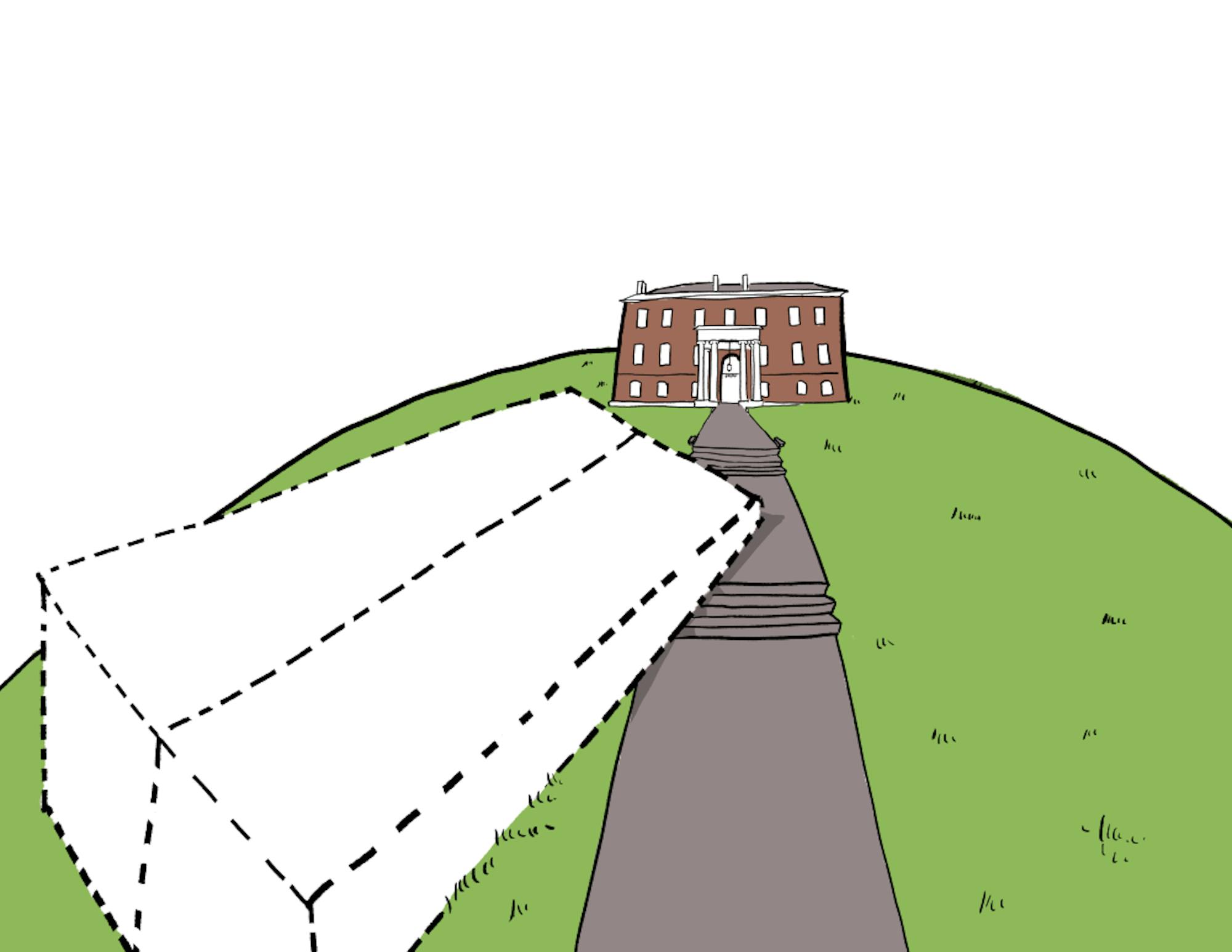Colleges are institutions where students of radically different backgrounds come together to learn, progress and grow to become leaders in society. Every student that attends university should have equal opportunity to experience the ordinary and extraordinary, whether that is going to the dining hall or attending highly anticipated discussions with politicians. Unfortunately, students with disabilities are often put at a significant disadvantage when navigating around campus and accessing common resources. Tufts must do much more to support its students with disabilities and improve accessibility and accommodations.
While Tufts has been making small steps to improve the accessibility situation, such as making Tisch Library keycard accessible at the entrance near Professor’s Row and offering Tufts University Police Department (TUPD) as a resource to travel distances on campus, these positives are overshadowed by a system still in need of great improvement. Petty complaints about our campus' central uphill trek seem to be a commonplace topic of conversation among the able-bodied at Tufts. For the disabled or injured, the same trip quickly crosses into the realm of unacceptable. Furthermore, many dorms and academic buildings do not have ramps or elevators, including Carmichael Hall, Metcalf Hall and Tilton Hall. The topography of Tufts — and lack of proper solutions — takes away disabled and injured students’ rights to live out their days with the same dignity as the rest of the Tufts population.
First-yearSydney Schulman described to the Daily how the only resource she was given access to when she tore her ACL was TUPD for shuttling her far distances around campus. She marked how, although in theory this is a good resource, TUPD is inconsistent, as they are often occupied with campus safety and security. She has waited for both 45 minutes and two minutes before, never knowing exactly how quickly they’ll arrive. "It is frustrating because I never know when to call them,” she said. "I have to explain to professors when I am late." Additionally, Schulman reflected on the lack of space in TUPD vehicles for wheelchairs, a further example of incomplete service.
Another key barrier to accessibility on campus is Student Accessibility Services (SAS) itself. Schulman discussed her negative experiences with SAS, telling the Daily that over the summer she sought to change her room assignment due to her injury. SAS ultimately offered a spot on the second floor in Carmichael, still accessible only via stairs. Schulman is still working with SAS to resolve the problem, a process she began two months ago.
This problem is not limited to current members of the Tufts community: It also prevents prospective students from ultimately choosing to enroll at Tufts. One first-year explained how a high school classmate chose not to attend Tufts due to the lack of accessibility resources on campus, and several told the Daily they would not recommend Tufts to anyone with a disability. If this is preventing Tufts from matriculating qualified individuals, isn’t that just another sign of the urgent need of improvement?
Immediate steps must be taken to improve campus life for those with disabilities. One of the most important tasks is to make all buildings on campus easily accessible, either by including a ramp or an elevator, and by ensuring that doors are large enough for wheelchairs and not too heavy for those unsteady on their feet. Adding adjustable countertops and tables of different heights in dorms and dining halls would promote inclusivity. Dorm rooms for students in these situations must be large enough to store their physical therapy equipment — items that are crucial for maintaining their health. Mobility and transportation options beyond TUPD must be made available and easy to use. Tufts must be willing to address the concerns of students who feel like their needs are not being met, and SAS must be less hesitant to come to the aid of the students on whose behalf they are commissioned to advocate.
Ultimately, access is not only an issue of health but also one of fairness. We must practice the values of equality, togetherness, safety and wellness that Tufts claims to champion. We are a community that believes in equal opportunity and we deserve more.
Editorial: Equal opportunity must mean equal access






